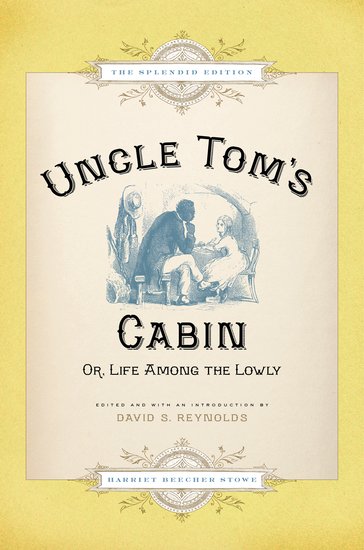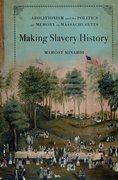To sell a son… Uncle Tom’s Cabin
On 5 June 1851, the abolitionist journal National Era began running a serial by the wife of a professor at Bowdoin College. A deeply religious and well-educated white woman, Harriet Beecher Stowe was an ardent opponent of slavery. As she wrote to the journal editor, Gamaliel Bailey: “I feel now that the time is come when even a woman or a child who can speak a word for freedom and humanity is bound to speak… I hope every woman who can write will not be silent.” The work, eventually titled Uncle Tom’s Cabin: Or Life Among the Lowly, became a national sensation.
















